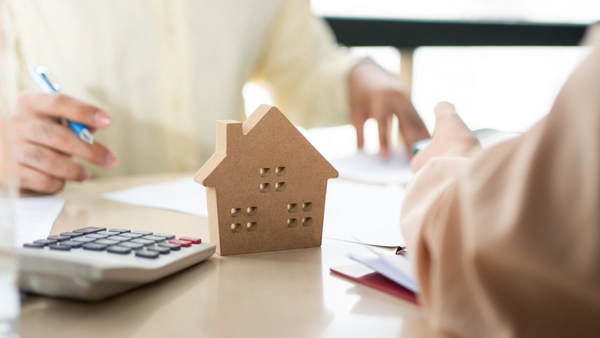Timing your home purchase is crucial for ensuring success in the real estate market. Buying a home is one of the most significant financial decisions many people will make in their lifetime. It’s not just about finding the right property; timing plays a crucial role in the success of your investment. But when is the best time to buy a home? Is there a perfect moment to jump into the real estate market? Let’s explore the factors that influence the timing of your home purchase and how to make the most strategic decisions.
Understanding Market Trends
Understanding market trends is essential for prospective homebuyers, as it can help them gauge when to secure favorable mortgage insurance rates and make informed decisions about their investment in real estate. Real estate markets are dynamic, influenced by various factors such as economic conditions, interest rates, housing supply and demand, and even seasonal fluctuations. Keeping an eye on these trends can give you valuable insights into when it might be advantageous to buy.

Economic Conditions
The overall health of the economy impacts the housing market. During times of economic growth and low unemployment rates, people are more likely to buy homes, driving up prices. Conversely, during economic downturns, prices may soften, presenting opportunities for buyers.
Interest Rates
Mortgage interest rates have a significant effect on housing affordability. When rates are low, borrowing costs decrease, making homeownership more accessible and attractive. Monitoring interest rate trends can help you decide whether to buy now or wait for more favorable financing conditions.
Housing Inventory
The balance between housing supply and demand influences pricing and market competitiveness. In a seller’s market, where demand exceeds supply, prices tend to rise, making it challenging for buyers to find affordable options. In a buyer’s market, inventory levels are higher, providing more choices and potentially better negotiation opportunities.
Seasonal Patterns
Real estate activity often follows seasonal patterns. Spring and summer are typically busy seasons for home sales, with families wanting to settle in before the start of the school year. Winter months may see fewer listings and slower sales, but motivated sellers might be willing to negotiate on price.
Home Purchase: Personal Considerations
While external market factors are important, your individual circumstances and goals should also guide your decision-making process.
Financial Readiness
Assess your financial situation, including your savings, credit score, and debt-to-income ratio. Determine how much you can afford to spend on a home and secure pre-approval for a mortgage to strengthen your purchasing power.
Long-Term Plans
Consider your long-term plans and whether buying a home aligns with your goals. Are you ready to settle in one location for several years? Will homeownership enhance your financial stability and provide equity-building opportunities?
Life Events
Major life events such as marriage, starting a family, or job relocation may influence your timing for buying a home. Factor in these considerations to ensure that your purchase aligns with your current and future lifestyle needs.
Strategies for Timing Your Purchase
While trying to predict the perfect time to buy a home can be challenging, several strategies can help you make informed decisions.
Keep an Eye on Market Indicators
Stay informed about market trends by following real estate news, consulting with local experts, and analyzing data on housing prices, inventory levels, and mortgage rates. To make informed decisions in your real estate marketing endeavors, it’s essential to keep a vigilant eye on market indicators such as housing inventory, mortgage rates, and economic forecasts.
Flexibility in Timing
Be flexible with your timeline if possible. Avoid rushing into a purchase due to external pressure and wait for the right opportunity that meets your criteria and budget.
Work with Professionals
Enlist the help of real estate agents and financial advisors who can provide valuable guidance and expertise. They can help you navigate market fluctuations, negotiate offers, and make informed decisions based on your unique circumstances.
Consider Off-Peak Times
While spring and summer are popular seasons for home buying, exploring options during off-peak times can lead to less competition and potentially better deals.
Conclusion
Timing your home purchase for success requires a combination of market awareness, financial readiness, and personal considerations. While there’s no one-size-fits-all answer to when is the best time to buy, staying informed, being patient, and aligning your purchase with your goals can increase your chances of making a wise investment. Remember, buying a home is not just about timing the market; it’s about finding the right place to call home for years to come.








купить сумку на колесах в интернет магазине
http://www.ega.edu/?URL=dorozhnye-sumki-kolesa.ru